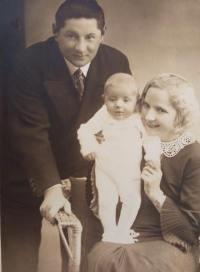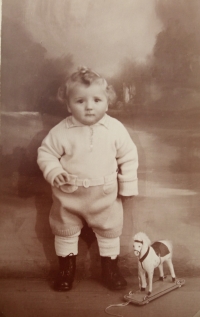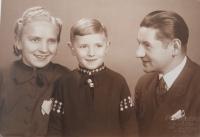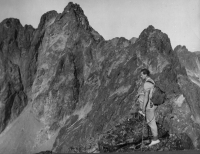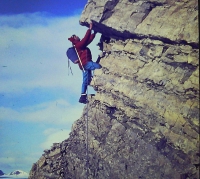On the way to the top, I don‘t think about risking my life
Stáhnout obrázek
Gerhard Tschunko was born on 30 April 1935 in České Budějovice into a Czech-German family. His father, originally German, enlisted in the Wehrmacht at the beginning of the Second World War. After the war, he did not return to his family and had to stay in Austria. He and his mother lived in Jeníkov, North Bohemia, where they remained after the German population was expelled. From his early childhood he was involved in mountaineering. In the 1950s he graduated from high school and began working in a sawmill as a technician. Because of his ties with his father, who continued to live in Austria, he was expelled from college after three months. In 1953 he met the Austrian president in the Austrian Alps and from 1964 he was on the national mountaineering team. In the 1960s, he made many international mountaineering trips, including a first ascent of the Shkhara Wall in the Caucasus and a climb up Mont Blanc, where plane wreckage was found. In 1968, he completed an expedition to Spitsbergen, returning to the Czech Republic on the night of 21 August, when the invasion of Warsaw Pact troops began. He was detained at the border together with the rest of the expedition and released only after a few hours. Because of his injuries, he did not take part in the 1970 expedition to Peru, where the entire expedition of Czechoslovak mountaineers perished. He wrote several books about mountaineering. In 2024 he lived in Dubí near Teplice.
